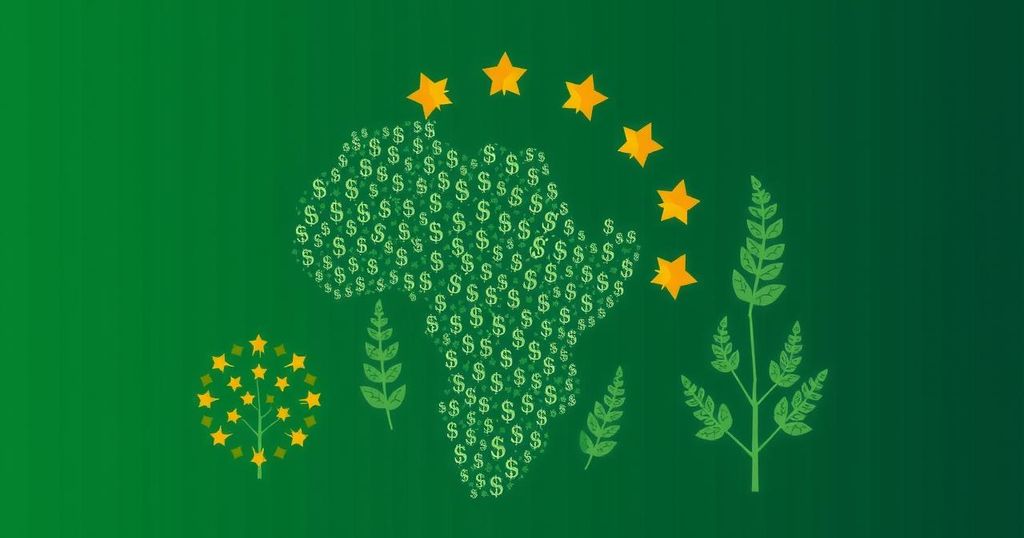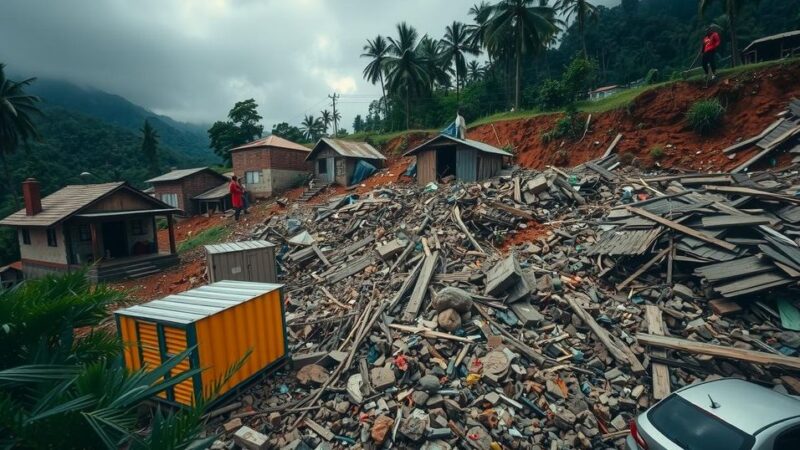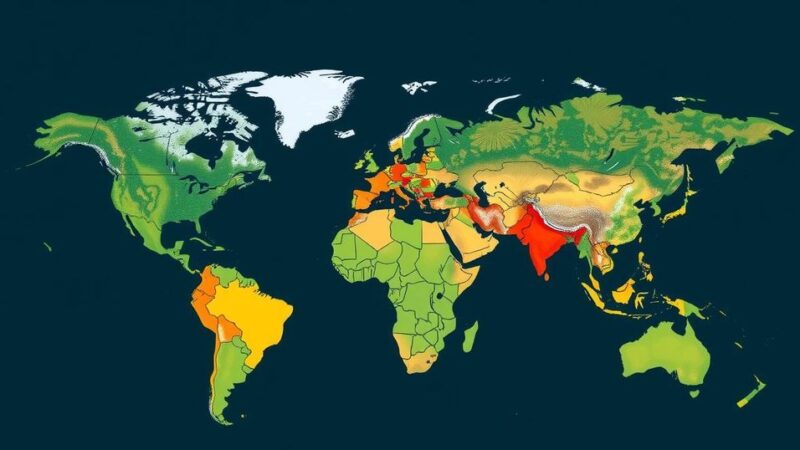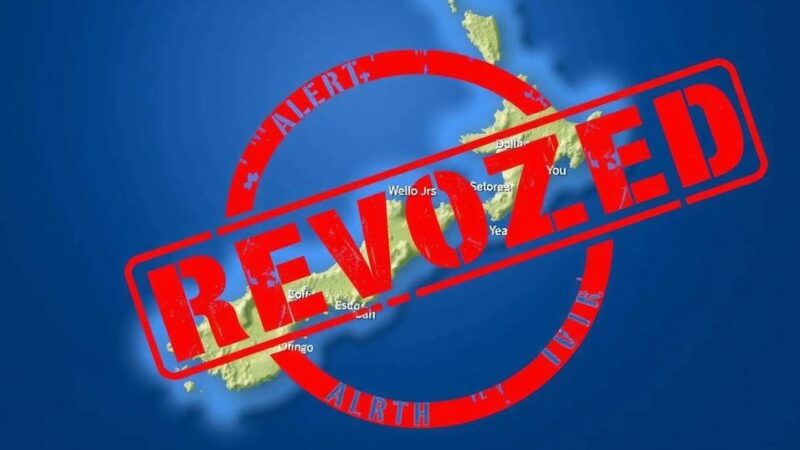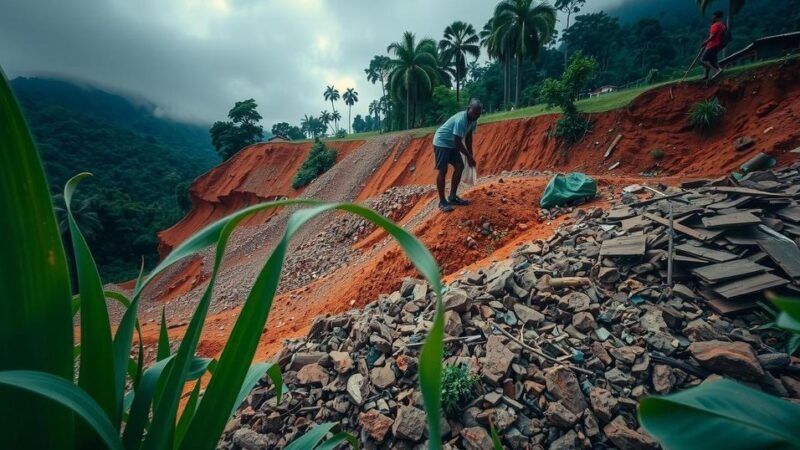The COP 29 climate summit has failed to secure the necessary financial commitments for developing countries, who sought $1.3 trillion annually to combat climate change impacts. The outcomes fell short of the Paris Agreement and lacked accountability from historical polluters, relying instead on ineffective carbon market solutions. The projected $300 billion in climate finance by 2035 is grossly insufficient, necessitating urgent advocacy for equitable resource redistribution to effectively address the climate crisis.
The recent COP 29 climate summit has been widely criticized for failing to provide substantive financial commitments necessary for developing nations grappling with the impacts of climate change. Despite entering the summit with the expectation of securing $1.3 trillion annually for climate financing, the outcomes from Baku have left many nations on the brink of disaster. Historical polluters shifted discussions away from meaningful climate action, exacerbating the plight of those already facing extreme weather conditions.
The outcomes from COP 29 fall drastically short of meeting the objectives set forth in the Paris Agreement, potentially leading to a global temperature rise of 2.8 degrees by the century’s end. Observers note that the principle of common but differentiated responsibilities—a critical element in climate negotiations—is being ignored, leaving developing countries without the necessary resources to implement their Nationally Determined Contributions (NDCs). Furthermore, the proposed mobilization of climate finance appears misleading, with commitments from wealthier nations lacking substance.
The calculated ambition from Baku reflects a concerning indifference from major polluters, allowing them to avoid real accountability by promoting insufficient carbon market strategies. Such approaches have proven largely ineffective, often resulting in greenwashing rather than tangible environmental benefits. Moreover, while developing countries face an adaptation cost of $400 billion annually, the projected mobilization of $300 billion by 2035 is wholly inadequate, risking severe repercussions for vulnerable nations.
The current situation indicates that political will is lacking, as illustrated by a stark contrast between fossil fuel subsidies, which reached $1.7 trillion in 2022, and the funding needed for meaningful climate action. It is imperative that civil society and developing nations advocate for enhanced climate finance initiatives, urging the imposition of taxes on affluent individuals and corporations responsible for pollution. Such equitable fiscal strategies could facilitate a fair redistribution of resources and significantly invigorate global climate action efforts.
The article discusses the outcomes of COP 29, the recent climate finance summit held in Baku, where developing countries entered with the hope of securing a substantial annual climate finance commitment to combat climate change impacts. Despite these expectations, the results left many participants disappointed as they failed to meet the pressing financial needs of vulnerable nations. Key issues highlighted include the inadequacy of proposed financial mobilization, neglect of responsibilities by historical polluters, and the ineffectiveness of carbon markets, all contributing to the ongoing challenges faced by developing countries in addressing climate change.
In summary, the COP 29 summit was overshadowed by a lack of meaningful financial commitments towards climate action, undermining the efforts of developing nations already affected by climate change. The proposed financial targets were inadequate and failed to hold major polluters accountable, reflecting a disturbing trend in global climate negotiations. Urgent advocacy for equitable tax solutions and enhanced climate financing is necessary to ensure that all nations can effectively combat the climate emergency and mitigate the associated injustices.
Original Source: www.greenpeace.org
